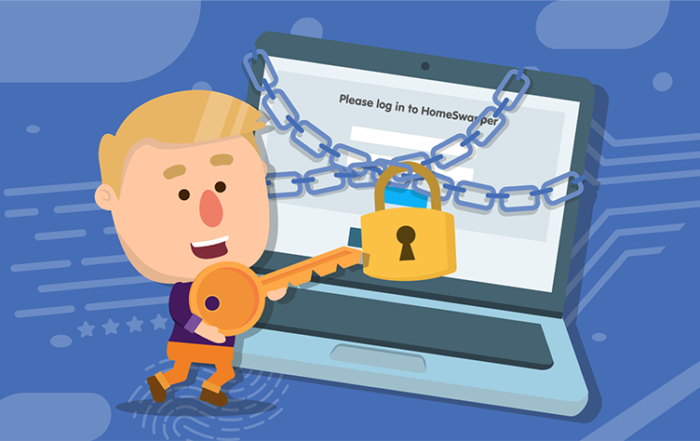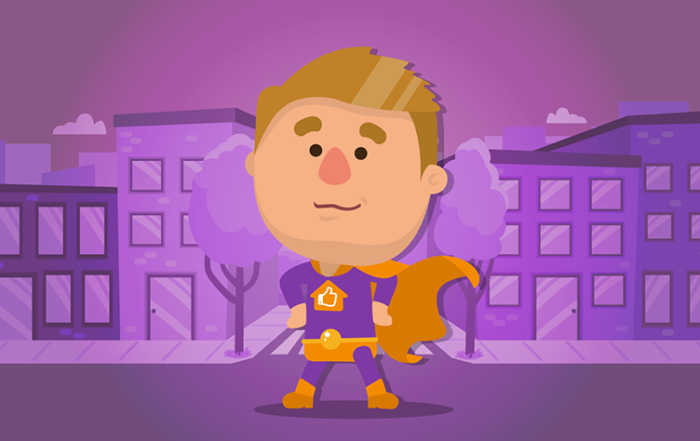
We can’t all get along with everyone all the time, in fact it’s completely normal to have your ups and downs with family, friends and neighbours. These little disputes can affect us in the moment and be forgotten about a day later. However, more disturbing or routine behaviour can make a real impact on our day-to-day lives and might actually be termed ‘antisocial behaviour’. Here’s what it means and some of the actions you can take if you face it.
What is antisocial behaviour?
According to the Thames Valley Police, antisocial behaviour (ASB) is defined as “behaviour by a person which causes, or is likely to cause, harassment, alarm or distress to persons not of the same household as the person.” By talking to your wider community and alerting your housing provider to such behaviour you can make your community a safer place. If you are a witness or victim of ASB, your local authority and police will provide support at each stage of the action.
There are three main types of ASB:
Environmental antisocial behaviour
This is where a person’s actions damage the wider community and environment. These could be things such as fly-tipping, persistent dog fouling or graffiti.
Personal antisocial behaviour
This is when a perpetrator targets an individual or group. This could include hate speech, abuse, threats or engaging in behaviour just to distress an individual, for example dumping rubbish in other people’s gardens or bullying neighbours.
Nuisance antisocial behaviour
Troublemaking in an area that disturbs the peace such as, street drinking, loud or rowdy behaviour in public, inconsiderate use of vehicles at night, public drug-taking, or activities related to prostitution could be examples of this.
What does not constitute antisocial behaviour
Sometimes the things others do can really upset and disturb you and routine, however only deliberate and malicious behaviours are termed ‘antisocial’ and only these will result in action being taken.
Examples of this are:
- Cooking smells
- One-off house parties or BBQs in the garden that go on until late
- Babies crying
- Noise caused by upstairs floors, doors closing or poor sound insulation
- Somebody going about their business at a different time of day – maybe because of clashing work schedules
- Children playing
- Bonfires
- Clash of lifestyles, including cultural differences
What can you do if you’re experiencing antisocial behaviour?
Try to talk
Most people are kind and understanding. In some cases, people might not realise that they play their music too loud or that the back door slams every time they leave or enter the house. Unless somebody makes you feel threatened or unsafe, it’s often quicker and easier to talk face-to-face and you might be able to build a positive relationship going into the future.
Write down each incident
It is helpful to keep a log both for yourself and if you decide to complain to your housing provider. This can help show that the offending behaviour is consistent. Some housing associations might have record sheets you can download or may even have online submission forms to record incidents shared by you and your housing provider.
Read your housing provider’s antisocial behaviour policy
This will outline the steps you need to take to try and reach a resolution. It will tell you whether you need to talk to your housing officer or if they have a dedicated ASB team.
Get help from a mediator
You can ask a mediator from your local council for help if you want to put things right, but you and the other person involved can’t agree how. A mediator is someone who doesn’t know either of you and who’s trained to help people resolve disagreements.
Report the antisocial behaviour
If you’re sure that your neighbour’s behaviour is antisocial, then talk to their landlord first. If that doesn’t sort out the problem, you can go to the council.
Community trigger
If there have been a number of complaints about antisocial behaviour, you might be able to get the problem looked at again – this is called a ‘community trigger’. Check your local council’s website for how it works in your area.
Citizens Advice
If you haven’t managed to solve the problem through the council or speaking to the landlord, contact your nearest Citizens Advice – they’ll help you decide what to do next. You can take a look at what they say about antisocial behaviour and how to deal with it here.
When to phone the police
You should only phone 999 in the event of an emergency, if you are witnessing a crime or somebody who is suspected of committing a crime is near you – and most importantly, if somebody is danger, is being threatened or is injured.
Long-term harassment or exposure to antisocial behaviour can make individuals feel less comfortable in their home – it’s important to reach out to the services available to you to help you feel safe and supported in the community. Remember though, that many issues can be sorted out personally – if you feel safe doing so, you could even make a new friend out of a neighbour. The more all of us are involved with our communities, the friendlier they will be!
The HomeSwapper Customer Support team are always on hand to give advice and tips on how to get the most from HomeSwapper. They deal with Swappers every day and have a unique insight and view on the thousands of successful swaps that take place on HomeSwapper.






